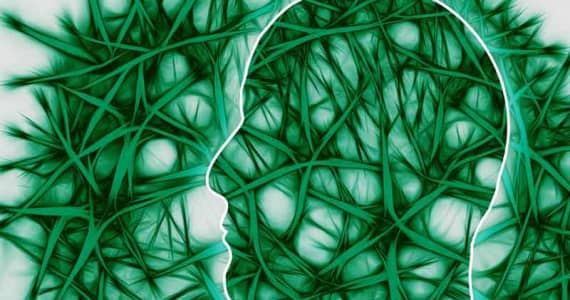
Dual Diagnosis: Everything You Need to Know
Dual diagnosis, or co-occurring disorders, is a difficult and complicated condition to both live with and treat. Find out everything you want to know!
More info
Dual diagnosis refers to people who have both a substance use disorder and a mental illness. How does dual diagnosis treatment differ from regular treatment?


Dual diagnosis, or co-occurring disorders, is a difficult and complicated condition to both live with and treat. Find out everything you want to know!
More info
There isn’t only one way to treat addiction and alcoholism. There are a few staple methods used by clinicians during addiction treatment, though, and cognitive behavioral therapy is one of them. There is an extensive role for CBT in addiction treatment. Find out more about how it’s used.
More info
Alcohol and mental illness do not mix well. While many people can relax at the end of the day with a drink over dinner, the majority of people with mental illness can’t. Why does alcohol interact so poorly with mental illness conditions? What happens if someone with a mental illness drinks?
More info
It’s difficult to have a substance use disorder or a mental illness. Having both at the same time is an entirely different experience. Learn how integrated dual diagnosis treatment takes into consideration the complexity of co-occurring disorders and addresses both sides of the condition.
More info
Dual diagnosis, coexisting disorders, co-occurring disorders. Whatever you call them, they’re not the easiest conditions. Mental illnesses and substance abuse are challenging. When you have both it makes recovering even harder. Learn some top tips on how to deal with dual diagnosis.
More info
Dual diagnosis conditions feel like an endless cycle of symptoms and substance use. Find out the top mental illnesses in those with co-occurring disorders.
More infoOur facility has gone through a rigorous process and it’s ongoing. We like that our clients have the peace of mind of knowing Hawaii Island Recovery is up-to-date on the latest research-based interventions.